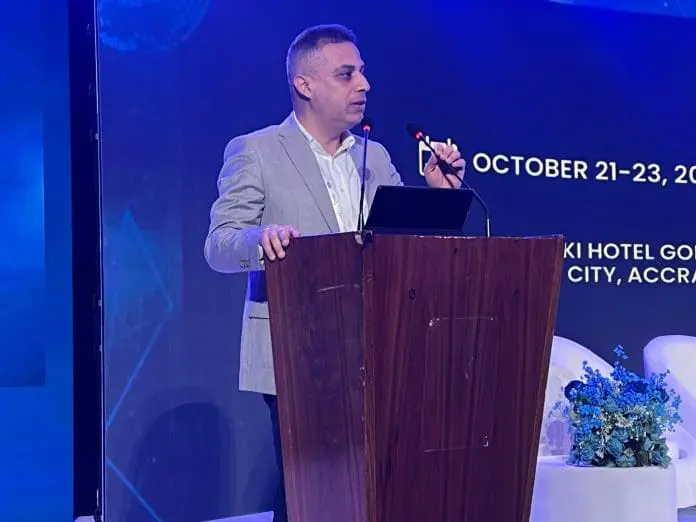Copyright euroweeklynews

Spain’s Prime Minister Pedro Sánchez has reignited the long-standing debate over daylight saving time, calling on the European Union to end the clock change every spring and autumn. In a video shared on social media, Sánchez said bluntly: ‘Frankly, I don’t see the point anymore.’ The government plans to take this proposal to the European Council, aiming to finally get rid of what it calls an ‘obsolete practice’. The message is clear: changing the clock twice a year no longer saves energy and causes more harm than good, disrupting people’s sleep and general wellbeing. ‘It’s common sense,’ the Prime Minister said. “We need a Europe that adapts to modern life, not one that makes us live by the clock.” According to the Spanish government, the idea is to bring back a discussion that’s been sitting in limbo for years. Both the European Parliament and European Commission supported ending the time change back in 2018 and 2019, but the plan never went ahead because member states couldn’t agree. Now, with the current EU time-change schedule due to expire in 2026, Sánchez believes the moment has come to take action. Most Spaniards want the clock change gone A clear majority of people in Spain – around two out of every three citizens – support the idea of scrapping daylight saving time. Surveys show that 66 per cent of Spaniards are in favour of keeping a single time all year round. That sentiment is echoed across Europe. Back in 2018, an EU-wide consultation saw 84 per cent of participants vote to end the clock changes, showing strong public backing for reform. Spain’s Minister of the Presidency, Félix Bolaños, said the country’s proposal will leave the details open for discussion – whether to keep summer time or winter time all year round. ‘We need flexibility,’ he said, adding that Spain wants to build consensus at the European Council rather than push for a fixed position. For the government, the case rests on three simple points: The majority of citizens want the change gone. Science shows no real energy savings anymore. The negative health effects — from disrupted sleep to tiredness — are increasingly recognised. As Sánchez put it, “This is about wellbeing, science, and common sense.” An outdated system from another era Daylight saving time was first introduced in Europe in 1980, when countries coordinated their clocks to make better use of daylight and reduce energy consumption. But the world has changed dramatically since then. Today, with modern lighting, technology and new working habits, the original reasons for switching the clocks twice a year no longer make sense. On the contrary, studies show it can disturb biological rhythms, increase stress, and even lead to short-term health issues. Sánchez’s government believes it’s time for Europe to “listen to its citizens and move with the times.” Spain, he said, is ready to lead the debate and push the EU toward a final decision. Madrid insists this isn’t political posturing but a genuine attempt to modernise EU policy. The government argues that ending daylight saving time would bring Europe more in tune with daily life – ‘a Europe that synchronises with people, not with the clock.’ Whether Brussels agrees remains to be seen. But one thing’s certain: as Europe prepares once again to turn back its clocks this weekend, Spain is ready to stop doing it forever. Stay tuned with Euro Weekly News for more news from Spain



